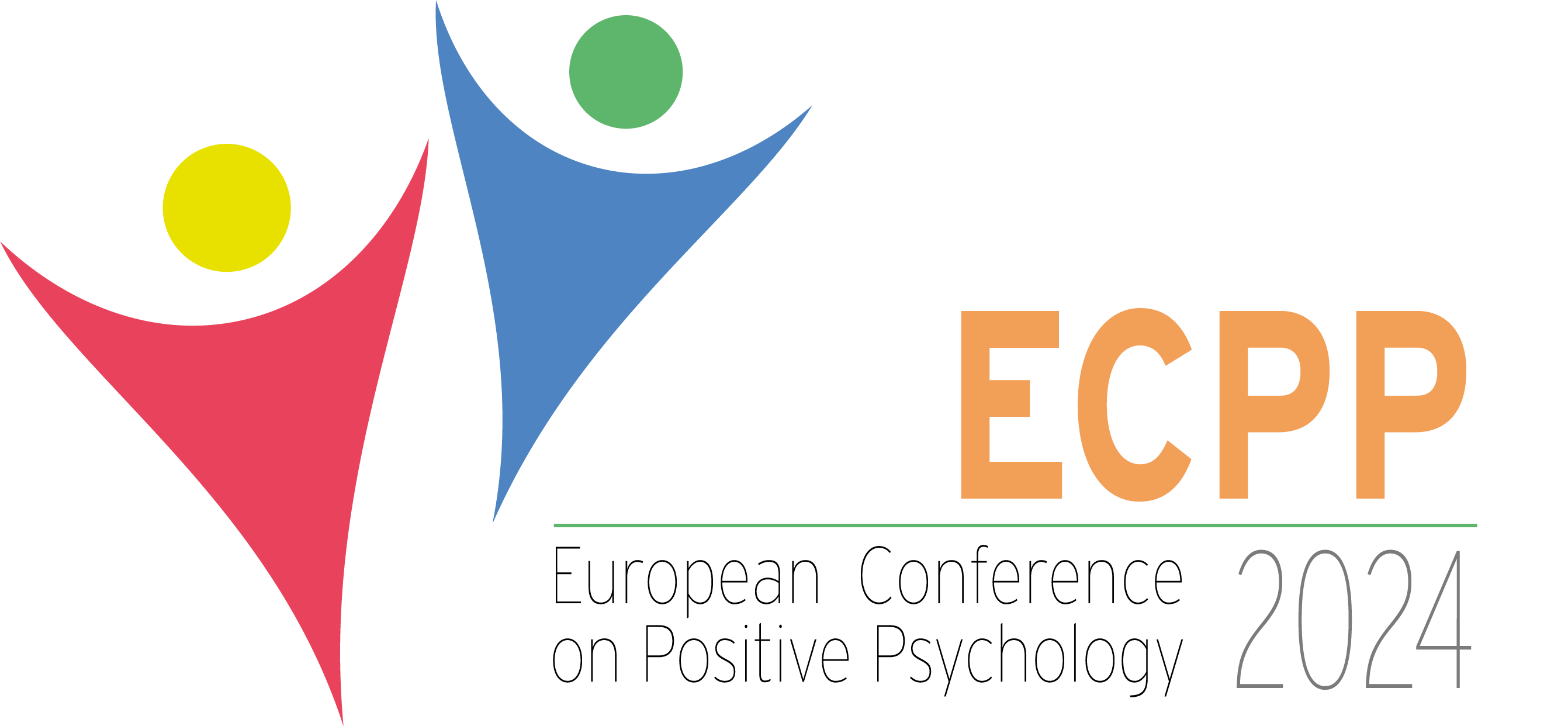Helena Águeda Marujo
Centre for Public Administration and Public Policies/Institute of Social and Political Sciences ou CAPP/ISCSP - ULisbo
Why positive peace matters for the advancement of positive psychology: A pursuit for moral responsibility and activism in dealing with global issues.
Abstract
In the last years, positive psychology has been gradually, although palely, addressing pressing societal problems—poverty, corruption, racism, climate change, injustice, inequality, war, and the many other critical issues facing our global and endangered world.
Nevertheless, for most of its history, promoting just and well-functioning societies and minimazing social ills was mainly a side effect, not a deliberate intention of the field, with a few exceptions of researchers holding an interest in the orderly functioning of society, and attending to societal, structural, and lived realities. Those exceptions, from more than a decade ago (i.e., Biswas-Diener et al., 2011; Csikszentmihalyi1, 2009; Marujo & Neto, 2013; Wissing & Potgieter, 2014, just to list a few), have been mostly neglected or not followed through by mainstream positive psychology.
The leveraged of claims supporting that positive psychology is a ground for “decontextualised neoliberal ideology that causes harm, and a capitalistic venture” (Van Zyl, Gaffaney, Van Der Vaart, Dik and Donaldson, 2023) needs to be urgently addressed, not only for the sake of the advancement of the discipline itself, but for the sake of the response to the greater social threats of our current distressed world.
As a field, positive psychology can no longer downplay, or even ignore, the role of wider social and systemic factors, and continue to look at wellbeing as an individualistic enterprise. As a science and a practice, it cannot be exonerated of the profound social responsibility to respond to communal problems, which requires public action that orbits around the institutions and practices that sculp social, political, cultural and economic life.
This gives the discipline of positive psychology the decisive context to embrace the next Wave, one of intentional social and political transformation, taking into consideration the conditions of life for the oppressed, excluded, underrepresented, the ones living in the worst conditions of war or refugee camps, and all the ones who are denied the most basic human rights, including at the level of business companies and the work force, and responding to the risks that our democracies and collective freedoms face.
For that purpose, the current note will present an historical and critical review of the way positive psychology has been dealing with greater global issues. Additionally, it will use the framework of positive peace – a global public good, defined as the attitudes, institutions and structures that generate and endure peaceful societies (Marujo, 2023) - in order to Illustrate how positive psychology can purposefully help challenge the basic roots of the worst social problems, and effectively contributes to the broader social, economic, political and cultural conditions in which people live.
About Helena Águeda Maujo
Helena Águeda Marujo has a PhD in Psychology (Psychotherapy and Educational Counselling) from the University of Lisbon. She is an Associate Professor at the Higher Institute of Social and Political Sciences of the University of Lisbon, where she holds the positions of Executive Coordinator of Masters and PhDs in Human Resources Development Policies, originator and Scientific Coordinator of the MAPP Program and where she is an integrated researcher of the Centre for Administration and Public Policy (CAPP) and member of the Ethics Committee. She is Coordinator of the UNESCO Chair in Education for Sustainable Global Peace at the University of Lisbon. She is a member of the Advisory Board of the International Positive Psychology Association. Author of hundreds of scientific publications on positive psychology, positive community interventions, relational goods, public happiness, positive organizations and positive peace.

